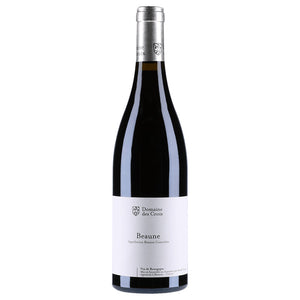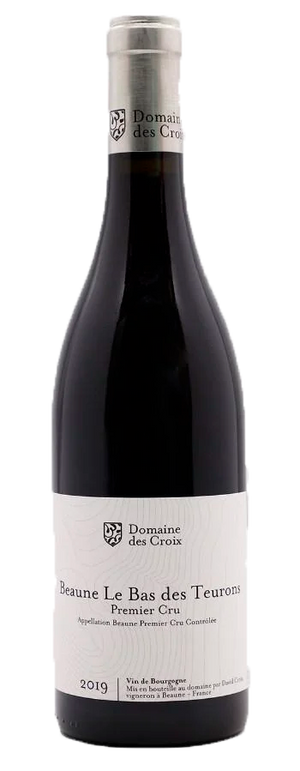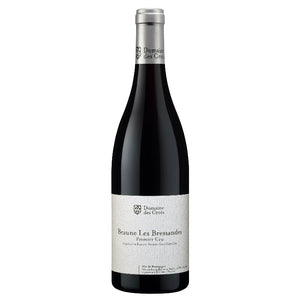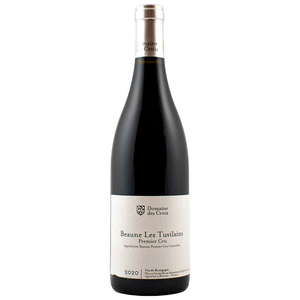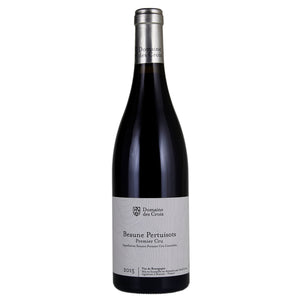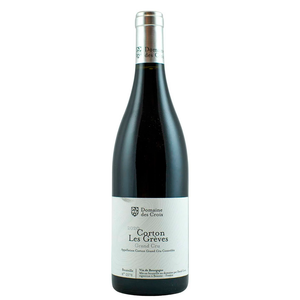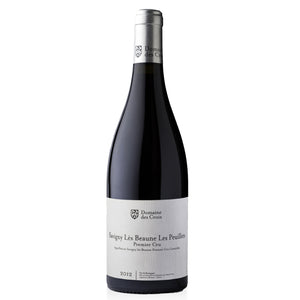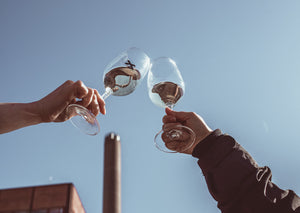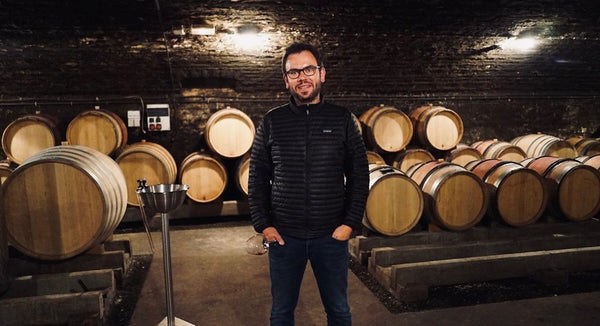
Domaine des Croix
The name David Croix should not be unfamiliar to any lover of Burgundy. He is especially known as Camille Giroud's long-term (2002-2016) winemaker, who also worked at Domaine Roulot in Meursault in 2017 together with Jean-Marc Roulot. In 2005, in addition to other work, David also started a wine project bearing his own name. This was made possible for him by the American Roger Forbes, who, together with other investors, helped David buy the former Domaine Duchet estate from Beaune. Full responsibility for the estate's winemaking was given to David and the estate was renamed Domaine des Croix. In 2008, Bourgogne Aujourd'hui magazine named David the wish of the year, “Espoir de l'Année”.
Although David is from the Loire and only got his first contact with Burgundy when he studied winemaking in the region, he can be considered a true connoisseur of Beaune. After starting at Giroud's farm as a newly graduated 24-year-old oenologist, he got to know the terroir and the characteristics of the plots of numerous vineyards in the city of Beaune over the course of 14 years, while microvinifying the grapes growing on them. The vineyards of the current Domaine des Croix cover 7,75 hectares, as David just acquired a 1-hectare plot in Saint-Romain, which will allow the estate to produce two different white wines in the future. Since 2008, the vineyards have been managed with organic methods, although they have not been certified. 85% of the shelters are owned and the rest are rented. The harvest amounts in the vineyards are extremely low. Examples of this are the 2016 vintage that produced only 18 barrels and the 2019 vintage with an average yield of 32 hl/ha. David has set a target yield of 35 hl/ha. The farm's vines grow not only in Beaune's village and premier cru level nurseries, but also in Savigny Lès Beaune and Aloxe-Corton, where the farm also owns a small plot in the grand cru nursery of Corton Charlemagne. There are 12 wines in total, of which the Corton Charlemagne wine is white, while the other wines are interpretations from different Pinot Noir plots. One of David's biggest missions is to increase the understanding of the Beaune terroir among Burgundy connoisseurs and to raise the vineyards of the village to the value they deserve.
In his cellar, David uses new oak and whole bunches sparingly. The majority of wines have 20-30% whole bunches, although vintage, plot and intuition determine the use of grapes, and winemaking does not follow a ready-made recipe. According to David, the use of racks can mask the terroir in young wines, but as the wines mature, the racks bring complexity to the wines and help them express their origin even better. All red wines ferment spontaneously in open oak vats and mature in neutral oak barrels for about 12-15 months. Long lees maturation enables the use of little sulfur throughout the winemaking process, and the wines are also not racked until just before bottling. Red wines are not clarified, but if necessary, white wines are stabilized with bentonite.
David has recently started a biodynamic Savagnin project together with his friend in the Jura region at Château Chalon, but we will have to wait patiently for this wine for a few more years.

